Movies
Latest about Movies
-
-
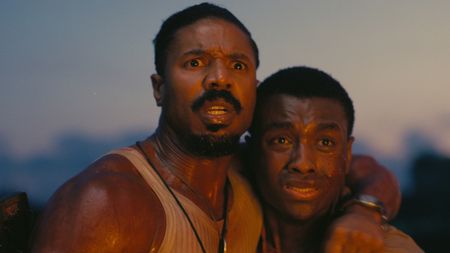
After Sinners Broke Academy Awards Records, It’s Gotten An A+ Popcorn Bucket (And I Want It)
By Philip Sledge Published
-

See The Lingerie Video That Got Sydney Sweeney In Hot Water With Hollywood
By Dirk Libbey Published
-

Ben Affleck And JLo’s Mega Mansion Still Hasn’t Sold, And It Sounds Like They’re Not On The Same Page About It
By Corey Chichizola Published
-
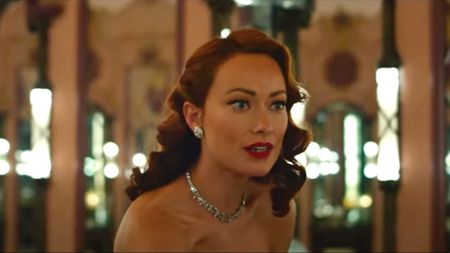
Olivia Wilde Says There’s An Issue With The Way Sex Has Been Portrayed In Movies Lately
By Dirk Libbey Published
-
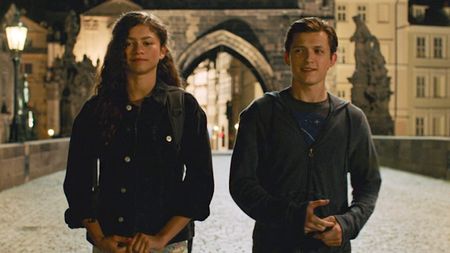
'I Know People Might Think It’s Awkward': Zendaya Reveals What It’s Really Like Working With Fiancé Tom Holland
By Adam Holmes Published
-

‘They Became A Problem.’ James Cameron Opens Up About The Notoriously Hard Way He Used To Treat People On Set
By Dirk Libbey Published
-

Will Smith And Jada Pinkett Smith Stepped Out Together For The First Time In Months For Son Jaden. How Things Reportedly Went
By Erik Swann Published
-
Explore Movies
Box Office
-
-
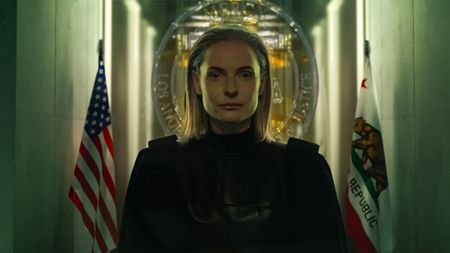
Avatar: Fire And Ash Falls From The Top Of The Weekend Box Office As Mercy Takes #1
By Eric Eisenberg Published
-
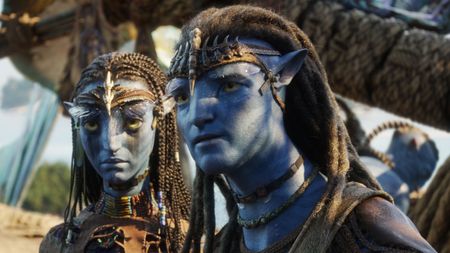
Will 28 Years Later: The Bone Temple Take Down Avatar: Fire And Ash At The Weekend Box Office? It's Going To Be A Photo Finish
By Eric Eisenberg Published
-
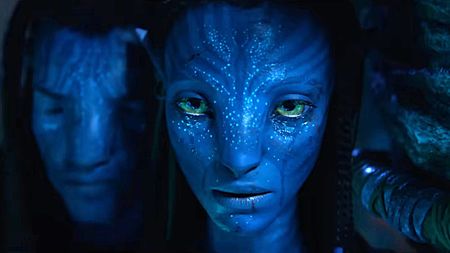
Primate And Greenland 2 Prove Light Competition For Avatar: Fire And Ash At The Weekend Box Office
By Eric Eisenberg Published
-

First Box Office Weekend Of 2026 Delivers Milestones For Avatar: Fire And Ash And The Housemaid
By Eric Eisenberg Published
-

It's Christmas On Pandora As Avatar: Fire And Ash Has A Massive Second Weekend At The Box Office
By Eric Eisenberg Published
-

Avatar: Fire And Ash Rules The Weekend Box Office (Duh), But Questions Linger About The Future
By Eric Eisenberg Published
-

Five Nights At Freddy's 2 Bombs Hard In Its Second Box Office Weekend As Zootopia 2 Returns To The Top Spot
By Eric Eisenberg Published
-
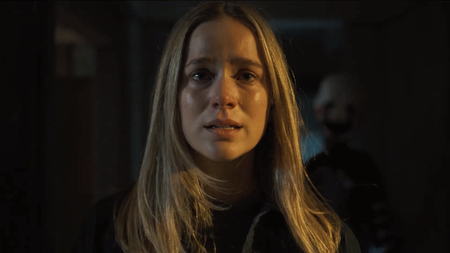
Five Nights At Freddy's 2 Survives Drubbing From Critics And Easily Wins The Weekend Box Office... But It's Not All Good News
By Eric Eisenberg Published
-

Zootopia 2 Surpasses $550 Million Globally, Running Wild At The Box Office Over Thanksgiving Weekend
By Heidi Venable Published
-
Features
-
-

Upcoming Video Game Movies And Shows I Can’t Wait To See In 2026 And Beyond – Super Mario Galaxy, Mortal Kombat II, And More
By Philip Sledge Last updated
-
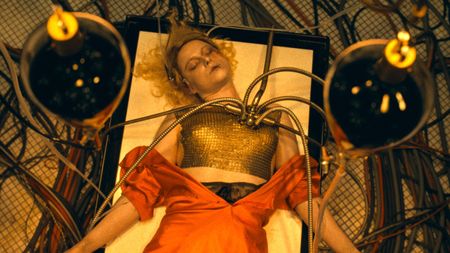
Upcoming Horror Movies: All The New Scary Movies Coming Out In 2026 And Beyond
By Sarah El-Mahmoud Last updated
-
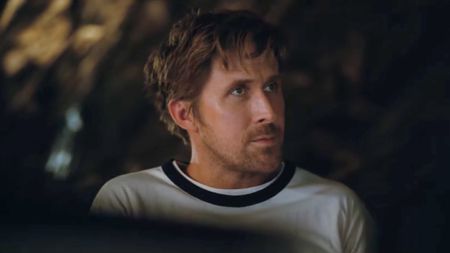
Upcoming Book-To-Screen Adaptations: What To Read Before The Movie Or TV Show
By Sarah El-Mahmoud Last updated
-
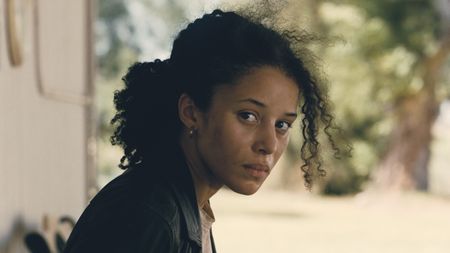
I Just Found Out One Battle After Another's Chase Infiniti Has 2 Upcoming Roles, And I'm Really Excited About It
By Sarah El-Mahmoud Published
-
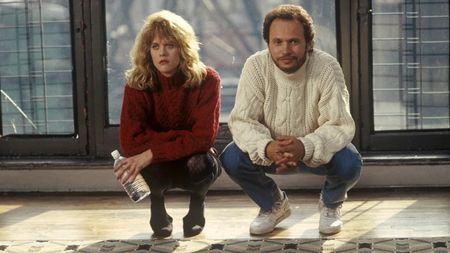
The Best Free Movies Online And Where To Watch Them
By Jason Wiese Last updated
-

Upcoming Disney Movies: Full List Of Titles And Release Dates
By Dirk Libbey Last updated
-
 New Issue
New IssueEnroll in Starfleet Academy with the latest issue of SFX
By SFX Published
-
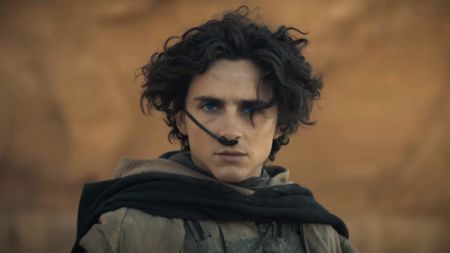
We're Still A Year Away From Dune: Part Three, But We've Already Learned A Lot About The Film
By Hugh Scott Published
-

4 Women Of Color Who Were Snubbed By The 2026 Golden Globe Nominations
By Corey Chichizola Published
-
More about Movies
-
-

Will Smith And Jada Pinkett Smith Stepped Out Together For The First Time In Months For Son Jaden. How Things Reportedly Went
By Erik Swann Published
-

Send Help Review: This Giggle-Inducing Nastiness Is Exactly What I Want From Sam Raimi
By Eric Eisenberg Published
-

Upcoming Video Game Movies And Shows I Can’t Wait To See In 2026 And Beyond – Super Mario Galaxy, Mortal Kombat II, And More
By Philip Sledge Last updated
-